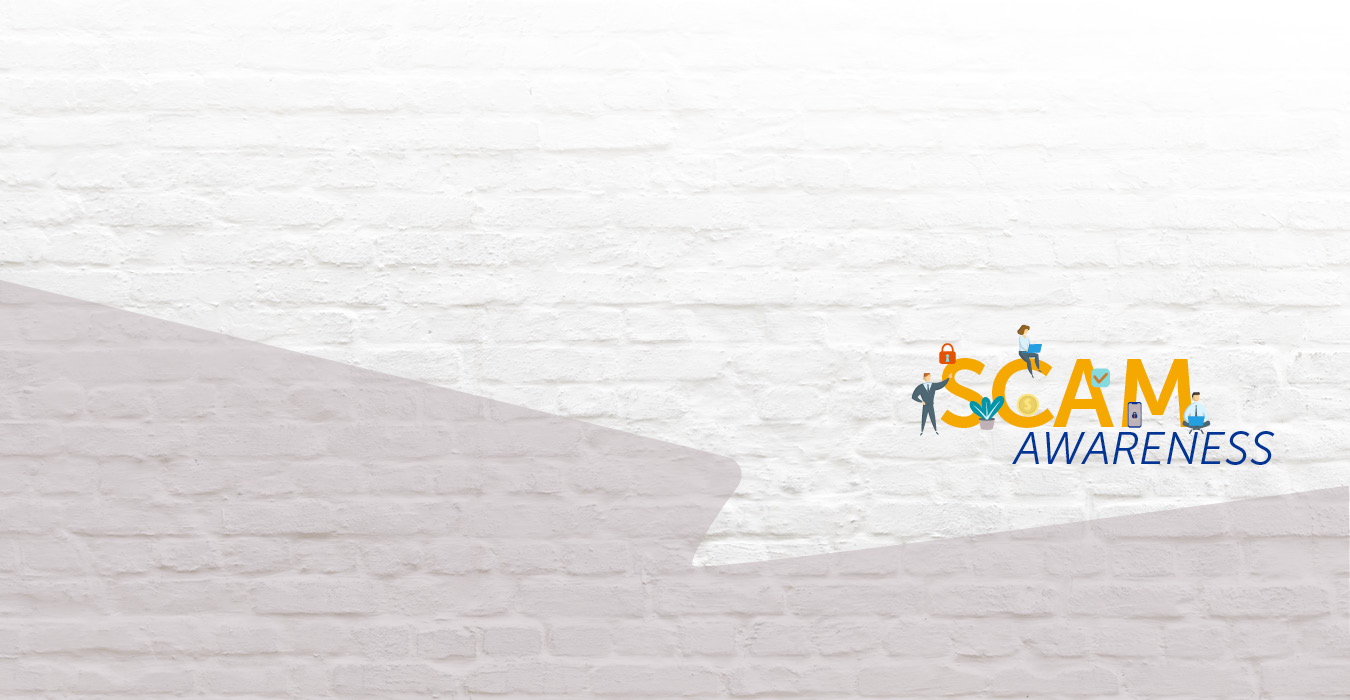Identity Theft
Who's the target?
These scams target adults and seniors.
What’s the scammer's goal?
To steal your personal information and credentials and use them to commit fraud.
How do they do it?
The most common form of identity theft is Financial Identity theft, wherein someone uses another person’s identifying information to obtain credit, goods, services, or benefits. But how do they get your information in the first place? This can vary. It is very common for the victim to willingly give up their personal identifying information to the scammer, because the scammer is masquerading as a legitimate business, government organization, a trusted friend, or love interest.
Another common way for scammers to gain your information is through a data breach of a legitimate database. This digital age exposes even the most careful individuals to a level of risk when it comes to identity theft. The best defense against identity theft is to stay diligent and monitor how much and what you share with others and make protecting your personal data as habitual as locking your car doors.
Red flags:
- Your financial statements aren’t adding up, or you notice charges you didn’t authorize
- You receive calls from debt collectors for charges you don’t recognize
- You notice unusual credit activity, like new credit checks or accounts opening
How can we stay safe?
- Make sure you destroy all private statements with confidential information, especially those containing banking and credit card details.
- Frequently review your bank account and card activity to make sure you recognize all purchases, merchants, and locations of the transactions.
- Use long, varied, hard to guess passwords and never share them with anyone.
If you think you have been scammed:
- Contact your financial institutions as soon as possible
- If you’ve given the scammer any of your account passwords or PINs, change them immediately
- File a report on FTC.gov
- Contact the Social Security Fraud Hotline (if applicable)
BHCCU Resources
 Angie Hoium
Angie Hoium
